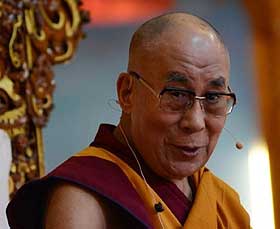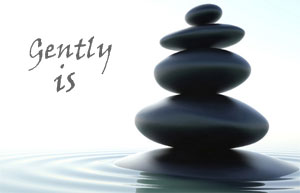by BHIKKHU SUJATO, The Bangkok Post, 5 Jun 2015
Bangkok, Thailand -- The Buddha's path is a path of renunciation, letting go of all worldly desires and interests. So it's often seen as strange when devout Buddhists, especially Buddhist monastics, take a stand on political issues.
 On May 14, a number of Buddhist leaders in the US, including the respected senior monk Bhikkhu Bodhi, held a meeting at the White House, where they discussed matters of urgent contemporary importance, including climate change.
On May 14, a number of Buddhist leaders in the US, including the respected senior monk Bhikkhu Bodhi, held a meeting at the White House, where they discussed matters of urgent contemporary importance, including climate change.
This sparked a deal of outrage on the internet; which, admittedly, is not hard to do. Some people argued that Buddhist monastics should just stay completely away from the political arena.
But involvement of monks with politics is nothing unusual. In Thailand, the Sangha is governed by an act of parliament. Monks have participated in street rallies, protesting to ensure that the monks keep their privileges; I haven't heard of Thai monks protesting on behalf of anyone else's interests.
In Myanmar, too, there is a Sangha Act, and the monks have lived inside one of the world's most brutal regimes for decades; obviously there have been political ramifications that the monks have to deal with, one way or another.
Just recently, three Myanmar monks received World Harmony Awards from the Parliament of the World's Religions for standing against the persecution of the Rohingya. One of the monks, Rev Seindita, said that if anyone wants to hurt the Rohingya, "they will have to kill me first". In Sri Lanka some monks formed their own party and won seats in parliament. In Vietnam similar things have happened. In Tibet, of course, the Sangha was the government. So whatever country you are in, you'll find monastics involved in politics.
To argue that Sangha should not be involved in politics is naive: everyone is involved in politics, whether you like it or not. Staying in a forest monastery in the middle of the wilderness is an act of deep political consequences. I've lived in such places, and I have seen what monks must do to manage monasteries in such places. You have to deal with developers, loggers, tourists, visas, building, protected species, drug smugglers, weapons dealers, illegal immigrants, crime, and on and on it goes. This is just the world we live in, and the world has a political dimension.
The question is not whether you are political, but how.
 The Dalai Lama said he hoped to live another 20 years as he turned 80 (AFP Photo/Lobsang Wangyal)
The Dalai Lama said he hoped to live another 20 years as he turned 80 (AFP Photo/Lobsang Wangyal)






